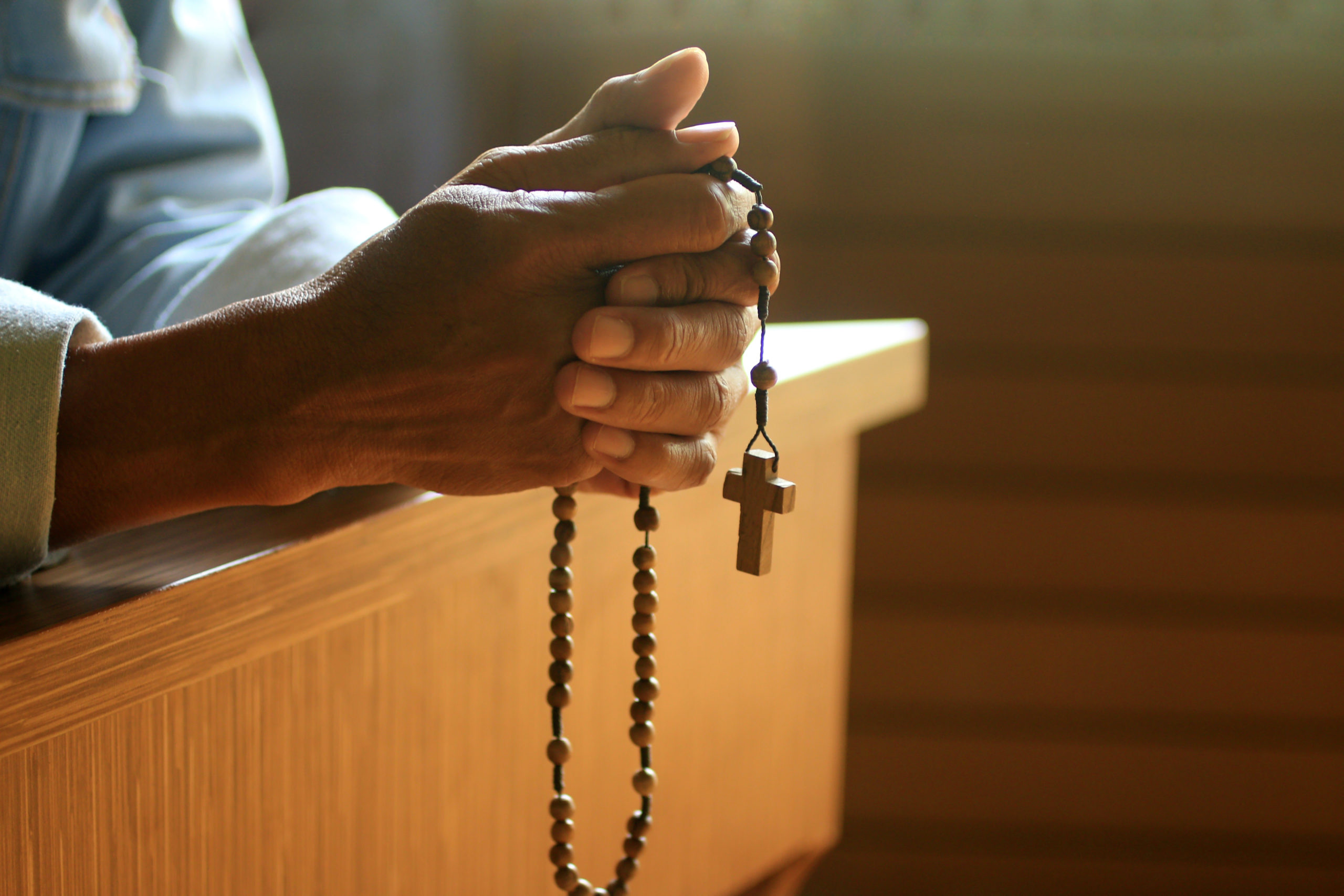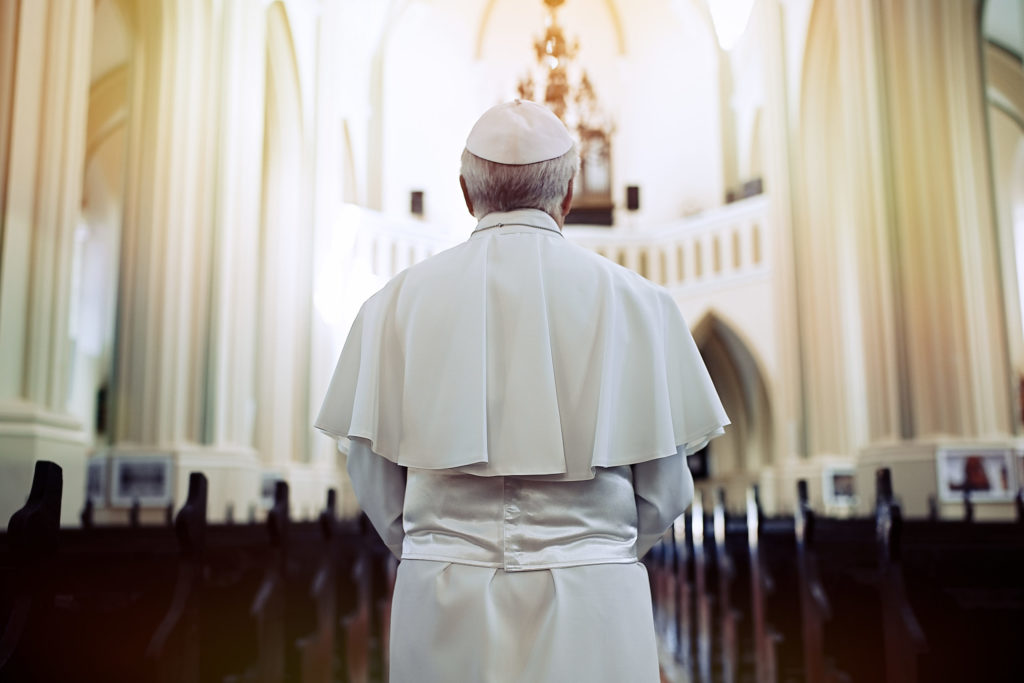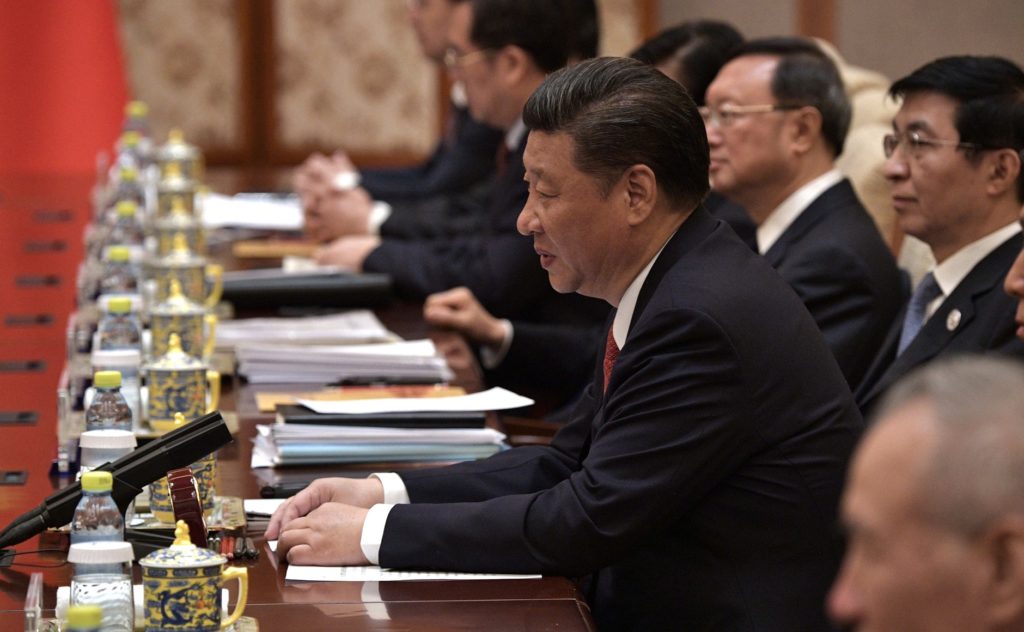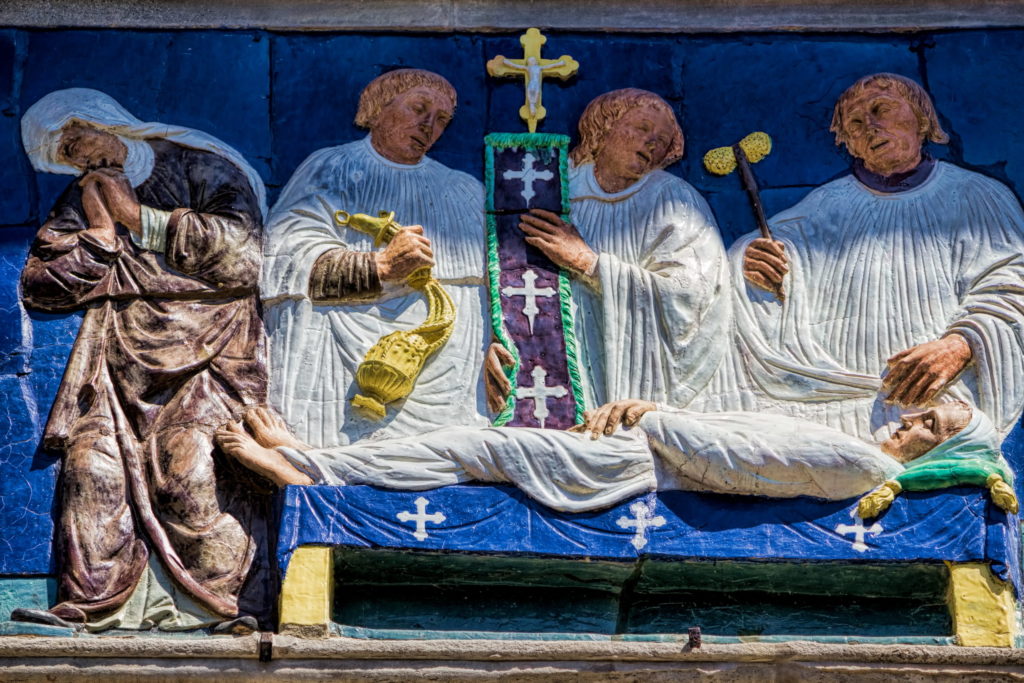


Equality Act’s Attack on Religious Liberty, Medical Conscience

Chinese Government Goes After Nuns!
The pope just renewed the Vatican’s deal with the Communist Chinese to govern the appointment of bishops in China. In what I interpret as a show of utter contempt for the Church, the government has now forced nuns to leave a convent. From the Catholic News Agency story: Due to pressure from the Chinese government, eight Catholic nuns have reportedly been forced to leave their convent in the northern province of Shanxi. Their current whereabouts have not been reported. “Officials declared us ‘dangerous persons’ and repeatedly harassed us,” said one of the nuns, according to Bitter Winter, an Italian magazine that focuses on human rights and religious liberties in China. “They asked us to write down what we had done since kindergartens and demanded to Read More ›

Catholic Hospitals Under Attack
Catholic hospitals are under unremitting attack — from prestigious medical journals, media, and lawyers in courtrooms. The goal is to coerce these venerable institutions into replacing their faith-based methods of medical practice with secular moral standards that deny the sanctity of human life.
A recent article in the New England Journal of Medicine — perhaps the world’s most influential medical publication — illustrates the threat to medical conscience rights. Ian D. Wolfe and Thaddeus M. Pope, two prominent bioethicists, fret that one in six U.S. hospitals is “affiliated with a Catholic health system.” This is a problem, in their view, because religiously-affiliated hospitals often “refuse to provide legally permitted health services on the basis of institutional belief structures.” The authors are referring to services like abortion, sterilization (absent a pathology), assisted suicide (where legal), and transgender sex reassignment surgeries that alter a body’s normal biological functions. Refusing such procedures, the authors claim, leads to “substantial risks for patient choice, patient safety, and the fundamental principle of autonomy.”
Patient choice? Yes, sometimes. If a woman requests an abortion and the hospital says no, she is not getting what she wants. But safety? The Ethical and Religious Directives for Catholic Health Care Services allow Catholic hospitals to refuse interventions that violate Church belief, but nonetheless require that all patients receive proper care. That includes providing “all reasonable information about the essential nature of the proposed treatment and its benefits; its risks, side-effects, consequences, and cost; and any reasonable and morally legitimate alternative.” In practice, this may also include referring patients to non-Catholic institutions.
Worries over “safety” are more likely a deflection to mask anti-religious bigotry. Charles C. Camosy, associate professor of theological and social ethics at Fordham University, believes that in many circumstances, the motive for attacking Catholic medicine “is about raw power. Certain influential people don’t want certain [medical] choices denied, so they try to use their power make things the way they want them to be.”
Read More ›